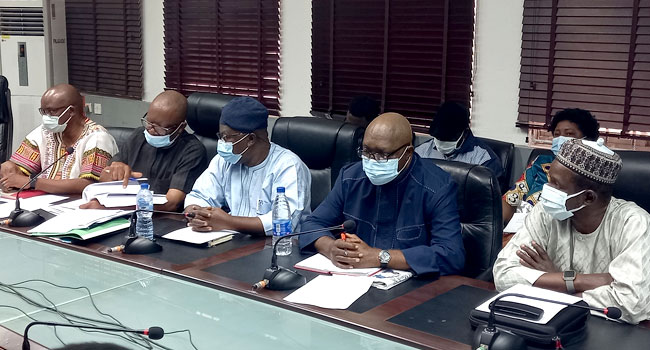asuu strike update today 2022
The current ASUU strike has been going on for over two months now, and there doesn’t seem to be any end in sight. Students are understandably frustrated, as they are stuck at home with no classes to attend. The good news is that there have been some updates as of recently. Here’s everything you need to know about the ASUU strike today.
The Academic Staff Union of Universities (ASUU) has been on strike since November 4, 2020, to protest the Federal Government’s alleged failure to implement the 2009 agreement. The union is also demanding for an improvement in the funding of public universities,
What is the ASUU strike about?
The Academic Staff Union of Universities (ASUU) is currently on strike over the non-implementation of the 2009 Agreement and the 2013 Memorandum of Understanding (MoU) between the Federal Government and the union.
The 2009 ASUU-FG agreement was supposed to address issues of funding, salaries, working conditions, and infrastructure.The 2013 MoU had a three-year timeline for implementation, but once again, the FG has failed to meet its obligations.
ASUU is demanding that the FG implement both agreements in full, as well as provide adequate funding for universities. They are also calling for an end to casualization and exploitation of academic staff.
The strike began on November 4th and there is no end in sight as both sides remain at an impasse. This has led to major disruptions in university operations across Nigeria, with many students left stranded without classes or lectures.
The Academic Staff Union of Universities (ASUU) is on strike to protest the poor working conditions in Nigerian universities. ASUU is demanding that the government invest more money in education, improve working conditions for professors, and provide more resources for students. The strike began on November 4, 2018, and has been ongoing for over two months.
Who is involved in the ASUU strike?
The Association of Senior Staff of Universities (ASUU) is on strike. The industrial action was declared on Sunday, 4th November 2018 after the expiration of the 21-day ultimatum issued to the Federal Government.
The ASUU strike is being carried out by all members of the union in Nigerian universities. This includes professors, senior lecturers, readers, and other academic staff.
The primary demand of ASUU is for the Federal Government to implement the 2009 agreement it signed with the union. Other demands include improved funding for public universities, earned allowances for members, and pension reform.
What are the demands of ASUU?
ASUU is demanding that the government provide more funding for the education sector, improve working conditions for staff, and address other issues.
When will the strike end?
There is no end in sight for the ongoing ASUU strike, which began on November 4th. University employees across Nigeria are protesting the government’s failure to provide adequate funding for education and other basic services. The strike has caused widespread disruption, with classes and exams cancelled at many universities. The Nigerian government has so far refused to negotiate with ASUU, and it is unclear when or if the dispute will be resolved.
How has the strike affected students?
The current ASUU strike has affected students in a number of ways. Firstly, many students have had to take out loans or use their savings in order to pay for tuition and other associated costs. Secondly, the strike has resulted in a number of schools being closed down, which has made it difficult for students to continue their studies. Finally, the strike has also led to a shortage of teaching staff at many universities, which has made it difficult for students to get the education they need.
How has the strike affected the Nigerian economy?
The academic staff union of universities (ASUU) commenced an indefinite strike on November 4th 2020 to press for the implementation of the 2009 agreement and revitalization of the Nigerian university system. The federal government has since made several attempts to end the strike which has now entered its 10th week. Here we explore how the strike has affected different sectors of the Nigerian economy.
The most immediate impact has been felt by students who have had to suspend their studies indefinitely. The long-term effects are likely to be more far-reaching, with a potential impact on employment, economic growth, and foreign investment.
The education sector accounts for about 2% of Nigeria’s GDP and employs about 1% of the workforce. Nigeria’s higher education system is in a state of decline, with poor funding, infrastructure, and quality of teaching. In recent years, there have been mass protests by students over these conditions. The current ASUU strike is just the latest manifestation of this discontent.
The extended period of the strike is likely to exacerbate already poor learning outcomes. A study by the National Universities Commission found that only 37% of students in Nigerian universities graduate within the minimum prescribed time frame of four years. The situation is even worse for postgraduate students, with only 11% completing their studies within the minimum prescribed time frame of two years. The extended period of industrial action will only serve to further delay graduation for many students.
The strike is also likely to have an
Conclusion
With the latest update on the asuu strike, it seems that the situation is still unresolved. This means that students will continue to suffer from the effects of the strike, which include delays in graduation and a loss of academic opportunities. We can only hope that the asuu strike will be resolved soon so that students can get back to their studies and pursue their dreams.




